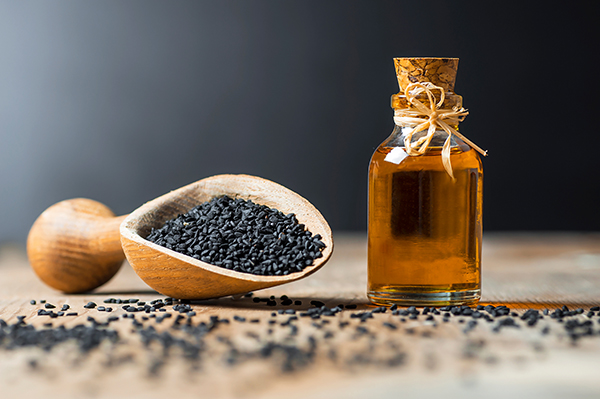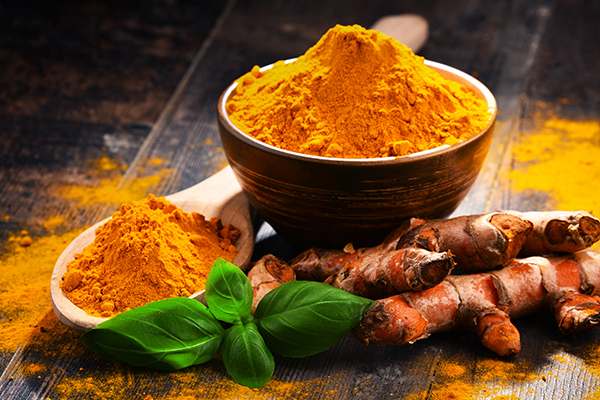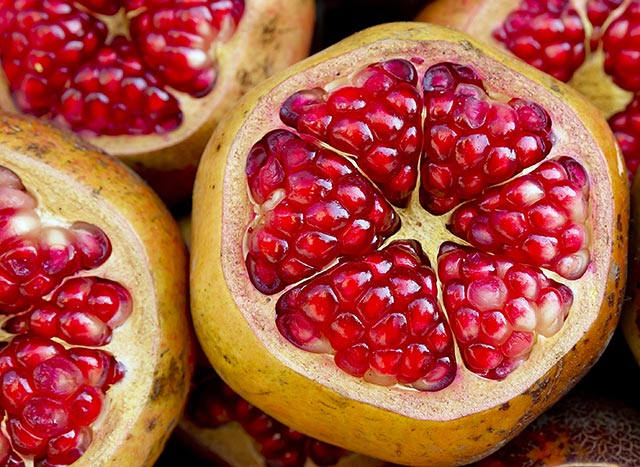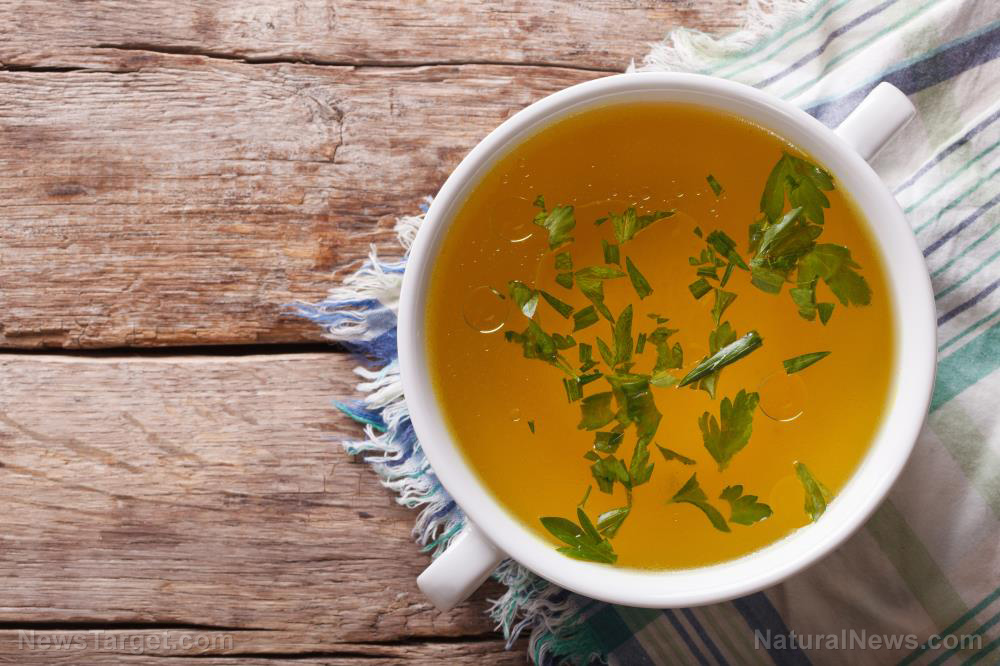Simply changing your diet can shrink colon cancer tumors, study finds
12/16/2022 / By Ethan Huff

Rates of colon cancer are on the rise across the United States, particularly among young people. A recent study, however, reveals a silver lining.
Published in the journal Gastroenterology, the paper, entitled “Dysregulated Amino Acid Sensing Drives Colorectal Cancer Growth and Metabolic Reprogramming Leading to Chemoresistance,” suggests that maintaining a low-protein diet can help a person with colon cancer naturally shrink his tumors and prevent further colon cancer cell growth.
A team of 10 researchers from the University of Michigan looked at mice diagnosed with colon cancer. Mice and humans both possess molecules called mTORC1 that are sensitive to nutrients and believed to be hyperactivated when either mammal develops cancer.
“These molecules are implicated in 70 percent of human cancers, including colorectal cancers,” reports explain. “Other animal studies have shown that inhibiting mTORC1 appears to also inhibit tumor growth.”
Researchers tested a protein-restricted diet on the mice for two weeks, followed by four weeks of standard chemotherapy. Instead of feeding the mice their normal ratio of 21 percent protein per meal, they instead gave the creatures just four percent protein.
In the end, mice fed low-protein diets had less mTORC1 activation, and thus less tumor growth, compared to mice fed their normal protein died. Specifically, it was observed that restricting the intake of leucine and cystine, two amino acids, nutritionally signaled the deactivation of mTORC1, it was observed. (Related: Check out these common food additives that cause intestinal inflammation and colon cancer.)
The researchers did not stop there, though. They also conducted the same test on human colon cancer just to be sure that the results extrapolated. These, too, showed similar benefits when protein intake was restricted.
Depriving cancer cells of protein starves them to death, study says
The reason why this seems to be the case is because cancer cells, as you may already know, grow and proliferate exponentially. They do so with the help of nutrients, some of which are synthesized inside cancer cells themselves and some of which come from amino acids and other components of one’s diet.
Reducing protein intake while afflicted with cancer helps to limit tumor growth, the study suggests, by depriving cancer cells of the nutrients they need to flourish. They effectively starve to death as a result of reduced protein intake.
“Feeding or starving cancer cells is … complicated,” noted Jeffrey Nelson, the surgical director at The Center for Inflammatory Bowel and Colorectal Diseases at the Mercy Medical Center in Baltimore.
“But this research shows that depriving certain amino acids influences the mTORC1 pathways leading to cell death.”
These results align with those of “The China Study,” which similarly suggests that high-protein diets are not so good for human health. A work of Dr. T. Colin Campbell, PhD, a Cornell-trained biochemist, “The China Study” is based on numerous longitudinal nutrition studies conducted between 1983 and 1990 suggesting that a “plant-based” diet lower in protein and higher in dietary fiber and whole foods produces the best health outcomes.
“People in China who lived in places where the regular diet was one that included smaller amounts of animal protein were less likely to get diabetes, cancer, and heart disease,” one report explains about “The China Study.”
It may not be as simple as this, though. As one commenter pointed out, Eskimos who rely almost entirely on protein-based foods are not suffering from colon cancer like Westerners are. The reason, it would seem, is because they are not consuming ultra-processed junk food, which is what spurs cancer growth in the first place, among other things in the modern world.
Want to learn more about how to keep your body cancer-free? Check out PreventCancer.news.
Sources for this article include:
Submit a correction >>
Tagged Under:
alternative medicine, breakthrough, cancer treatment, colon cancer, cystine, diet, discoveries, food cures, food is medicine, Leucine, mTORC1, natural cures, natural medicine, prevention, protein, research, tumors
This article may contain statements that reflect the opinion of the author
RECENT NEWS & ARTICLES
COPYRIGHT © 2017 NATURAL CURES NEWS




















